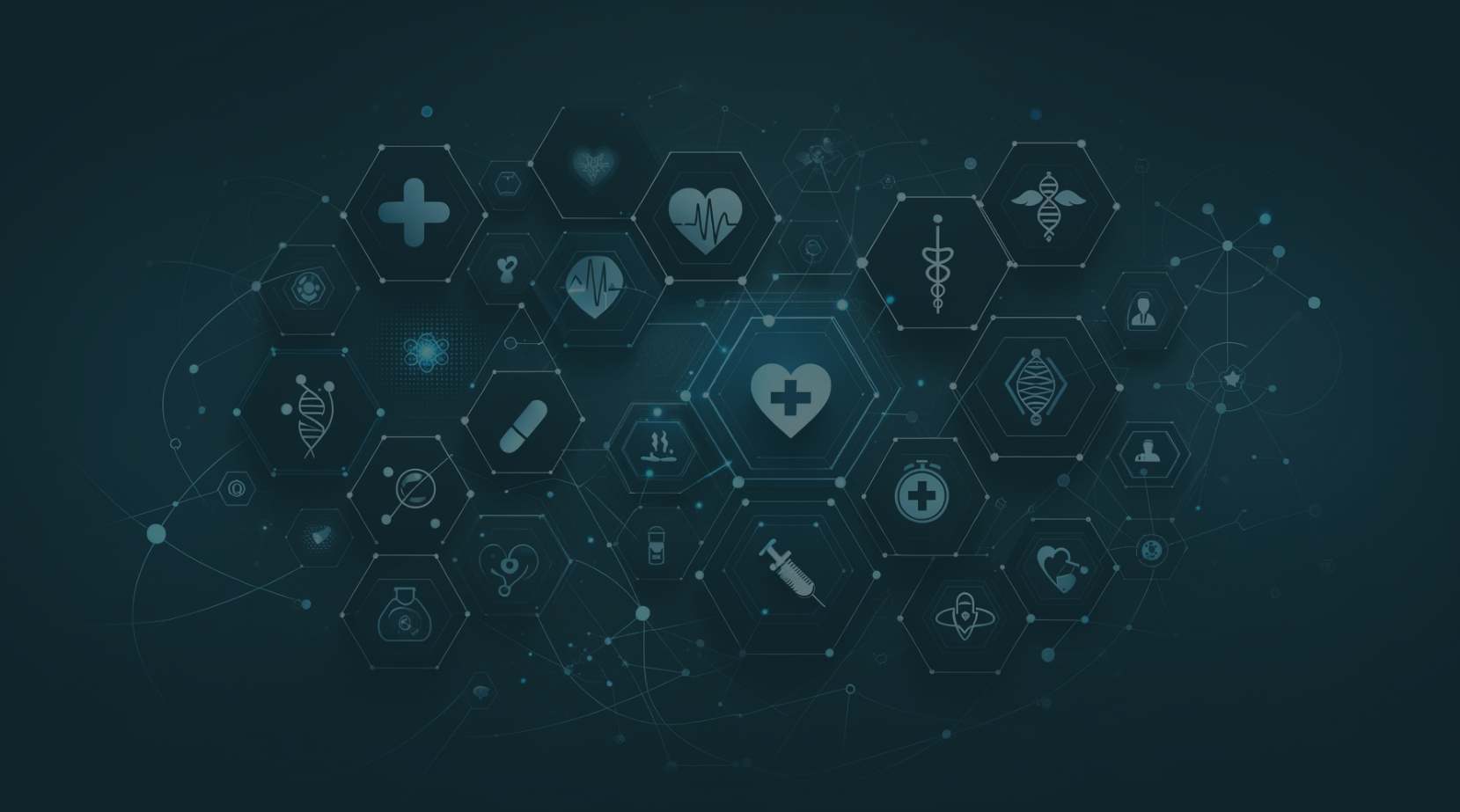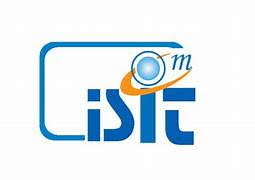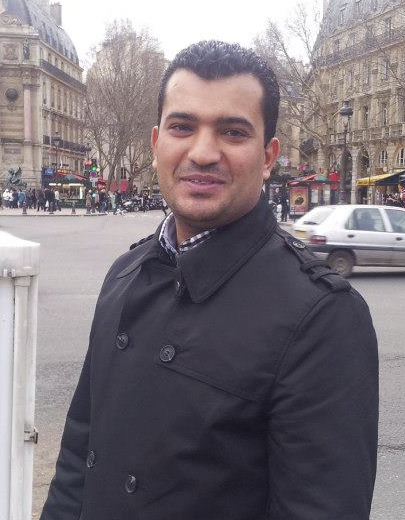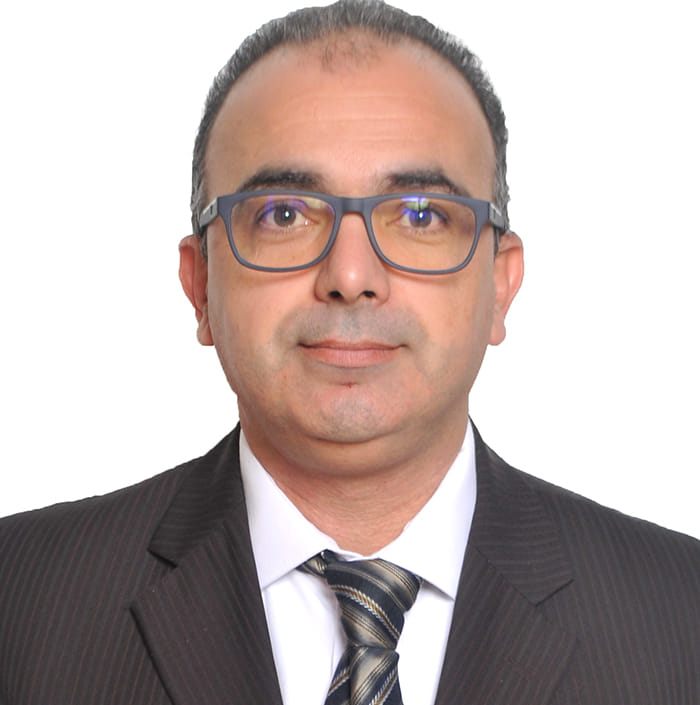Manuscripts must be prepared in 10-point font using the IEEE 8.5″ x 11″ two-column conference format. All papers should be exported in PDF format and should be anonymous, as IEEE AICCSA conducts a double-blind review process. The papers must be submitted electronically via EasyChair at:
https://easychair.org/conferences/?conf=aiccsa2024
The workshop will provide a research-rich environment to address the challenges and support the development of new novel and disruptive approaches that pave the way for improved public health and personalised medicine. As COVID-19 is one of the most challenging communicable and infectious diseases in many countries, research related to the development of innovative solutions to improve early surveillance, detection, diagnosis or treatment of infectious diseases will be supported.
It’s in this context that this workshop has been designed to bring together researchers and practitioners to share research results, advances and practical related experiences in this field.
Submitted papers must be original work and should not be under consideration for any other conference or journal. Ensure that you adhere to the formatting guidelines: manuscripts must be prepared in 10-point font using the IEEE 8.5″ x 11″ two-column format. All papers should be in PDF format and must not exceed 6 pages, including all figures, tables, and references. Use the appropriate IEEE template for conference proceedings to prepare your revised manuscript, available at: href="http://www.ieee.org/conferences_events/conferences/publishing/templates.html.
Please, do not include headers, footers, or page numbers in your final submission. Verify that your document is IEEE Xplore-compatible and use the recommended templates when preparing your camera-ready version. Convert your manuscript to a PDF document.
Authors of accepted papers must sign the IEEE copyright form. At least one author of each accepted paper is required to attend and present the paper at the workshop.
Manuscripts must be prepared following the IEEE 8.5″ x 11″ two-column conference format, not exceed 8 pages, and be anonymous due to the double-blind review process managed by IEEE AICCSA. Submit your papers electronically via EasyChair at:
https://easychair.org/conferences/?conf=aiccsa2024.
If you have any questions, please contact thomas.lux@hs-niederrhein.de or ataweel@birzeit.edu.

























